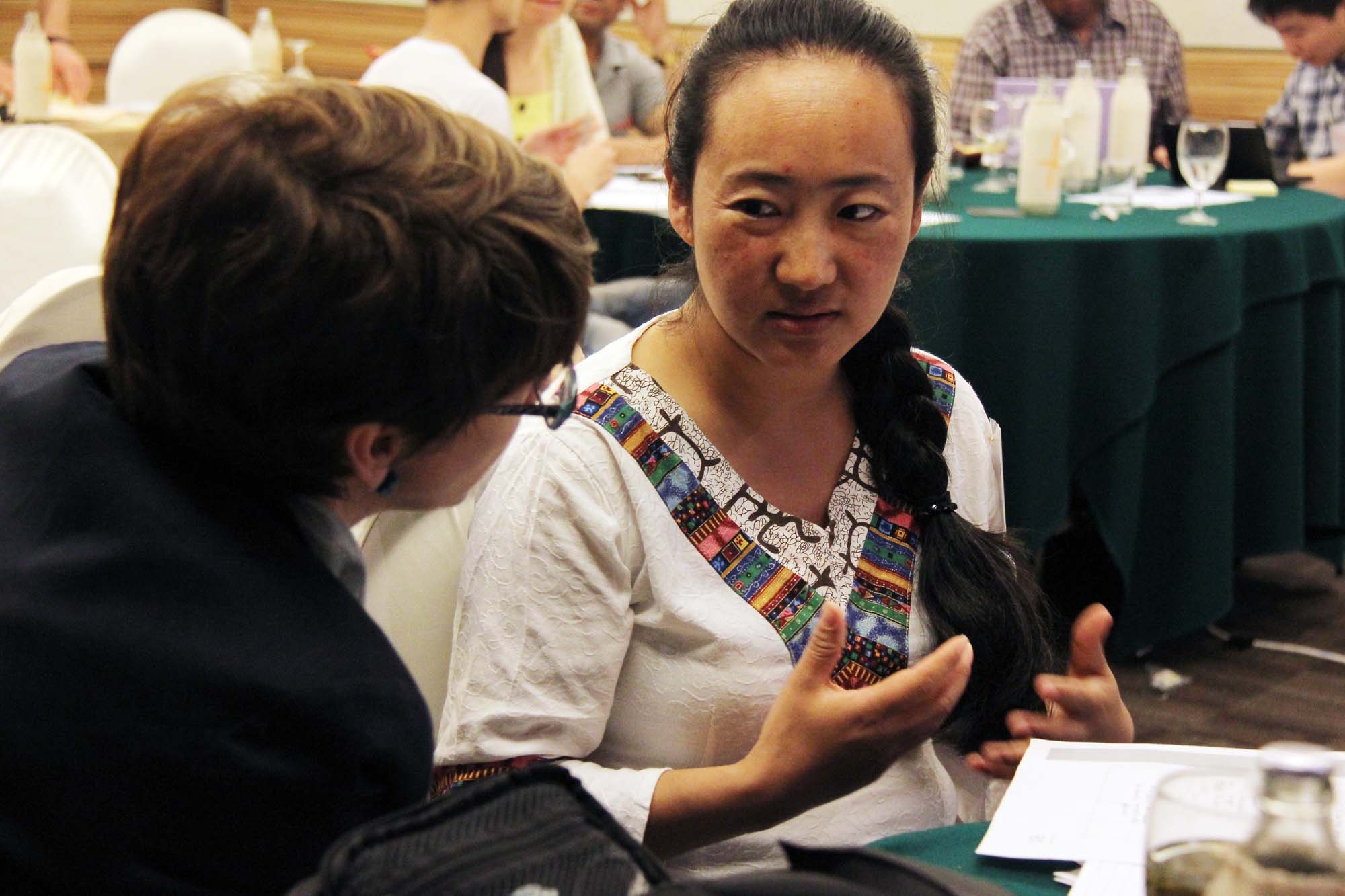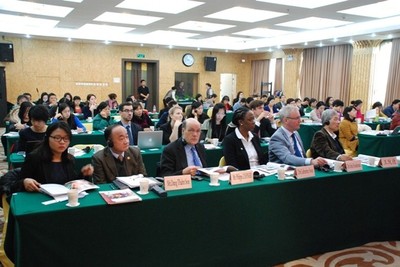The First Ever Conference on Sex Work and Law Enforcement in China
My name is Liu Min.* I am 48, I live in Shanghai, and I have been a sex worker for the past 15 years. I am a person with a disability, and I only have one arm. Coming from a rural area in China, I don’t have other means with which to make a living. I go to the park everyday to find clients, my sex work helps me to support myself. (more…)
Anniversary Reflections: Eight Years of Catalyzing Change
By Charmain Mohamed
Charmain Mohamed is Executive Director of Asia Catalyst.
Over the last eight years Asia Catalyst has grown in size and stature to become a leader in curriculum development and advocacy that furthers the right to health for marginalized groups in Asia. The transition has been a remarkable one, not least because it happened within the context of a global recession and a steady decline and re-focus of international HIV funding. Our measure of success however, is not a financial one, nor even one of organizational sustainability, but rather one of impact. Impact for the communities we work with, and impact on addressing some of the worst effects of punitive laws and regulations on HIV, and access to an adequate standard of health for all.
Eight years ago the global number of people dying because of AIDS was at its highest ever. That number has fallen by 35% in the last eight years, mainly because of an increase in access to treatment for people living with HIV. At this year’s AIDS 2014 conference in Melbourne, Australia, UNAIDS Executive Director, Michel Sidibe, remarked that, if similar progress continued and accelerated, we were “on track to end the epidemic by 2030.” However, with two thirds of people living with HIV still not accessing treatment, lack of vigilance now could see current progress eroded and targets being set back by a decade, if not more. Last year UNAIDS reported an estimated 2.1 million new infections and 1.5 million AIDS related deaths globally. Clearly there is more to be done.







